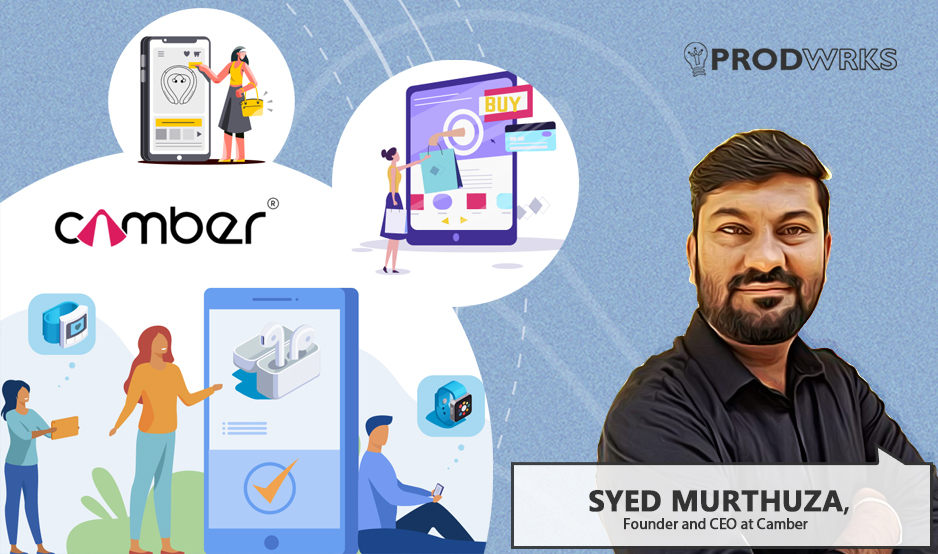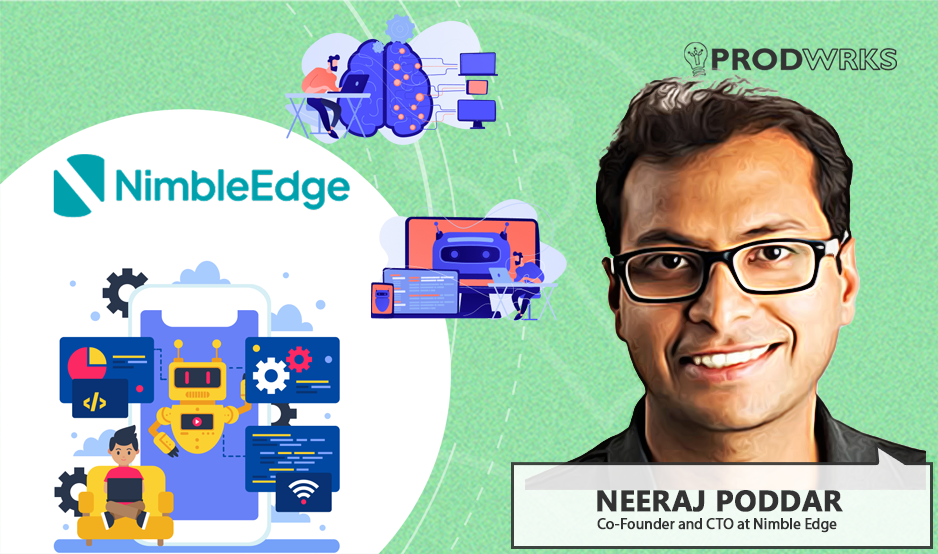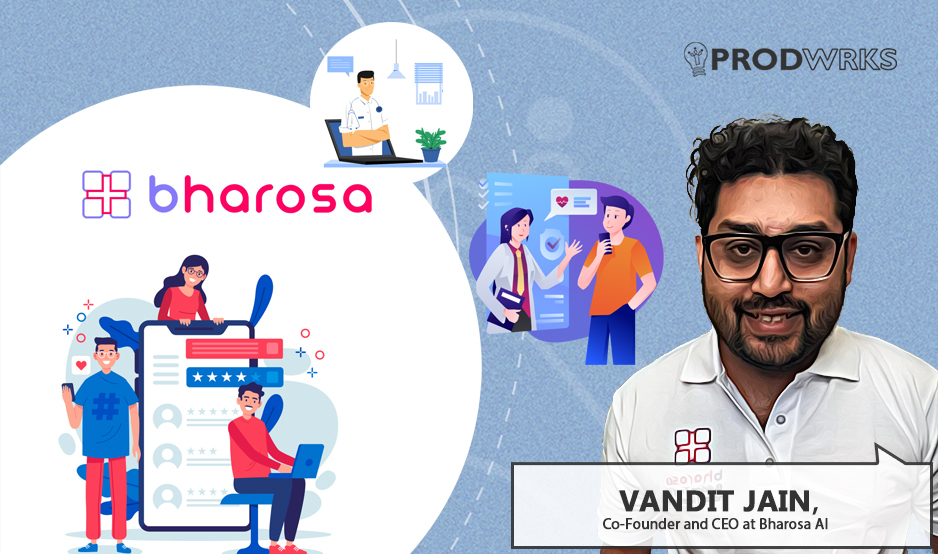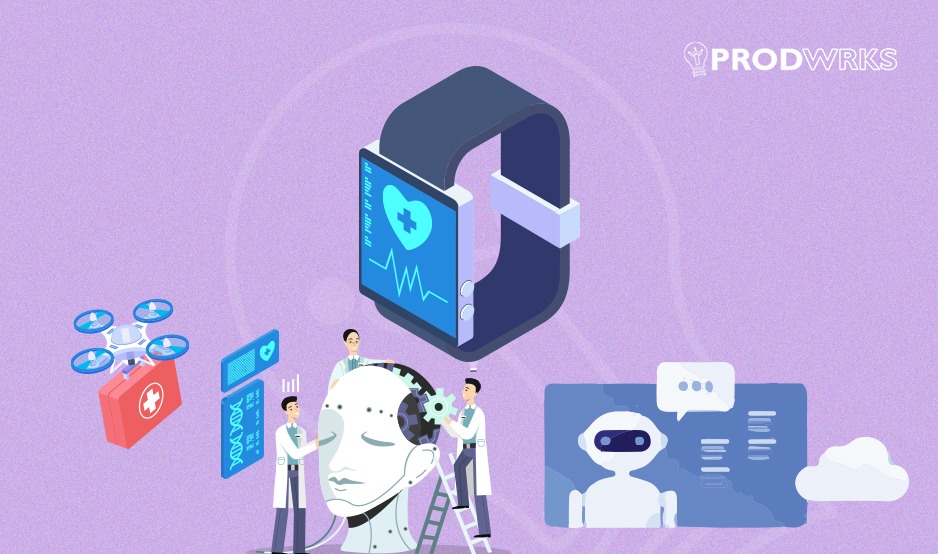
The author of this article is Sanjay Sehgal, the Chairman and CEO at MSys Technologies. He is also a renowned Venture and Angel Investor.
Let’s take the Indian Healthcare sector as an example. AI expenditure in India increased by over 109% in 2018, totaling $665 million, and is expected to reach $11.78 billion by 2025, adding $1 trillion to India’s economy by 2035. It is touted to be the next trillion-dollar opportunity in India. Not just that, with the adoption of AI, the healthcare startup industry is also expected to experience a massive spike.
This has resulted in the emergence of some exciting startups, like HealthifyMe, which employs Ria, an AI-powered virtual assistant that communicates with users and answers questions about fitness, nutrition, and health in ten different languages.
From a pure diagnosis perspective, we have also seen Niramai, which uses AI to improve the early detection of breast cancer, and Qure.ai, which uses AI to assist radiologists in diagnosing and interpreting medical images.
While this seems like a very promising outlook for the healthcare sector, from a product engineering perspective we may have to be very cautious about the adoption of AI in our healthcare.
For instance, any AI is as good as its data repositories and fragmented data availability can imply a serious risk of inaccurate results, which in the case of healthcare could lead to a life and death situation!
Therefore, implementing AI, especially in healthcare, requires a strategic approach that takes into account the unique challenges and opportunities in the industry.
Product engineering plays a key role in this process as it involves designing, developing, and testing software solutions that leverage AI to improve current healthcare.
Here are the four key areas where product engineering can propel AI in healthcare.
1. Development of AI model – Through product engineering, one can swiftly identify the areas that can be improved with AI and help frame a problem statement and vision of its solution. For example, you can improve patient diagnosis, optimize treatment plans, or automate administrative tasks. This methodology also helps you develop a structure for AI where it aids with selecting the appropriate algorithms, training the model, and testing it using real-world data.
2. Integration of AI with current systems – AI adoption in healthcare must be seamless & in tune with the existing systems to ensure the infallible accuracy of the data. Another integral step that needs the intervention of sharp product engineering is to align it well with healthcare systems such as electronic health records (EHRs), medical devices, and other software applications.
3. Monitoring capabilities – AI implementation is not the end but the beginning of the story. A rigorous monitoring system has to ensure that there are minimal to no margins of error. This process will monitor its performance, gather user feedback, and continually improve it based on user feedback and changing healthcare needs.
4. Cyber security – India has very strict compliance rules for healthcare data privacy, security, confidentiality, and standardization with The Digital Information Security in Healthcare Act (DISHA). For this highly regulated industry, any AI solution must comply with DISHA and ensure that it is secure and protects patient data from unauthorized access.
While the blueprint of the product engineering process to adopt AI in healthcare would be far more intrinsic, these are the key areas that will help the marriage of technology and healthcare in an effective, efficient, and safe way for patients.
Challenges Ahead
In India, doctors are heavily outnumbered by the ratio of patients they treat. This high workload sometimes leads to misdiagnosis. While Computer Aided Diagnosis (CAD) can help them detect the symptoms at an early stage of diseases, we still have a long way to go in terms of the ability to adapt.
Moreover, a dearth of AI-trained professionals may pose a significant barrier to implementing AI in healthcare.
The marriage of the Indian healthcare sector with AI may not have a ‘Save the date’ yet. Still, the courtship of the two has already begun with promising new startups that have adopted product engineering to navigate the treacherous tasks.
There is a lot of promise in this new relationship, and with the help of the government and early adopters of AI in healthcare, we are bound to see a new era of healthcare in India.
About the Author:
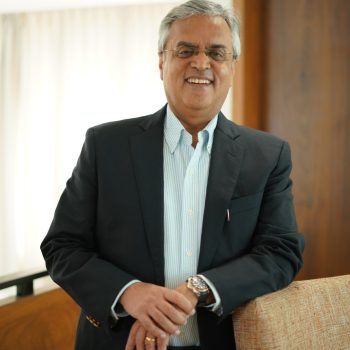
Sanjay Sehgal is an award-winning entrepreneur and technology CEO. Sanjay is the Chairman and CEO of MSys Group, a company with global prominence and bases in the USA, India, and Vietnam.

